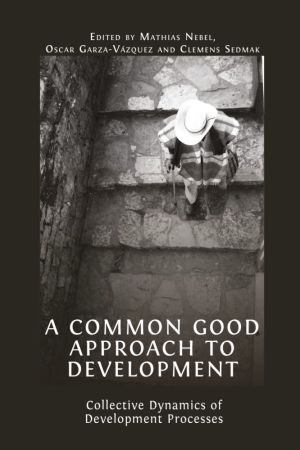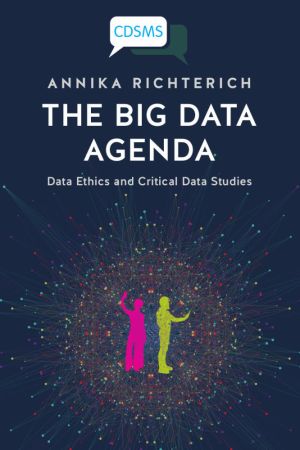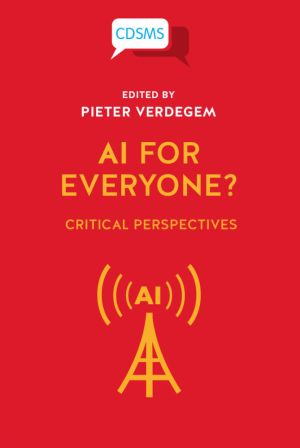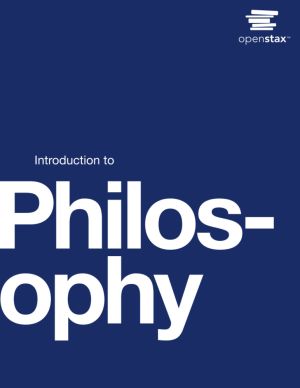
By shedding light on EULEX - the EU mission to Kosovo – this book investigates the EU's peacebuilding activities in that country, in the light of the normative power theory in the post-conflict setting and peacebuilding theory. Ten years after the massive engagement of the EU in the country torn by war, the authors critically assess the effe...

This book is the first to examine disasters from a multidisciplinary perspective. Justification of actions in the face of disasters requires recourse both to conceptual analysis and ethical traditions. Part 1 of the book contains chapters on how disasters are conceptualized in different academic disciplines relevant to disasters. Part 2 has chapter...

This book seeks to identify the ethical spirit of European Union (EU) law, a context in which we can observe a trend towards increasing references to the terms 'ethics' and 'morality.' This aspect is all the more important because EU law is now affecting more and more areas of national law, including such sensitive ones as the p...

This timely and applied textbook brings together leading scientists to illustrate how key theories and concepts in social psychology help to predict and explain behavior, and can be successfully applied to benefit social and practical problems. It focuses on robust theories and models known for their successful applications and covers a diverse ran...

This book provides novel and in-depth perspectives on evaluating environment and sustainability issues in developing countries. Evaluating Environment in International Development focuses on the approaches and experiences of leading international organizations, not-for-profits, and multilateral and bilateral aid agencies to illustrate how systemati...

This edited collection proposes a common good approach to development theory and practice. Rather than focusing on the outcomes or conditions of development, the contributors concentrate on the quality of development processes, suggesting that a common good dynamic is key in order to trigger development.
Resulting from more than three years of r...

This book maps the youth transitions of descendants of migrants from Turkey living in Amsterdam and Strasbourg, through a comparative mixed-methods research design. As such, it is of interest to discussions in youth sociology, social mobility and second-generation research. The book follows transition trajectories of the second-generation, from sch...

This book raises crucial questions about the citizenship of the European Union. Is it a new citizenship beyond the nation-state although it is derived from Member State nationality? Who should get it? What rights and duties does it entail? Should EU citizens living in other Member States be able to vote there in national elections? If there are ten...

In this book, experts on integration processes, integration policies, transnationalism, and the migration and development framework provide an academic assessment of the 2011 European Agenda for the Integration of Third-Country Nationals, which calls for integration policies in the EU to involve not only immigrants and their society of settlement, ...

How do we evaluate ambiguous concepts such as wellbeing, freedom, and social justice? How do we develop policies that offer everyone the best chance to achieve what they want from life? The capability approach, a theoretical framework pioneered by the philosopher and economist Amartya Sen in the 1980s, has become an increasingly influential way to ...

Conviviality has lately become a catchword not only in academia but also among political activists. This open access book discusses conviviality in relation to the adjoining concepts cosmopolitanism and creolisation. The urgency of today's global predicament is not only an argument for the revival of all three concepts, but also a reason to br...

This book provides an authoritative insight on the Loss and Damage discourse by highlighting state-of-the-art research and policy linked to this discourse and articulating its multiple concepts, principles and methods. Written by leading researchers and practitioners, it identifies practical and evidence-based policy options to inform the discourse...

This book features essays written by philosophers, biologists, ecologists and conservation scientists facing the current biodiversity crisis. Despite increasing communication, accelerating policy and management responses, and notwithstanding improving ecosystem assessment and endangered species knowledge, conserving biodiversity continues to be mor...

The book offers a compact but comprehensive introductory overview of the crucial components of argumentation theory. In presenting this overview, argumentation is consistently approached from a pragma-dialectical perspective by viewing it pragmatically as a goal-directed communicative activity and dialectically as part of a regulated critical excha...

Internet filtering, censorship of Web content, and online surveillance are increasing in scale, scope, and sophistication around the world, in democratic countries as well as in authoritarian states. The first generation of Internet controls consisted largely of building firewalls at key Internet gateways; China's famous "Great Firewall o...

This open book examines from a variety of perspectives the disappearance of moral content and ethical judgment from the models employed in the formulation of modern economic theory, and some of the papers contain important proposals about how moral judgment could be reintroduced in economic theory. The chapters collected in this volume result from ...

This book highlights that the capacity for gathering, analysing, and utilising vast amounts of digital (user) data raises significant ethical issues. Annika Richterich provides a systematic contemporary overview of the field of critical data studies that reflects on practices of digital data collection and analysis. The book assesses in detail one ...

This open book introduces the reader to the foundations of AI and ethics. It discusses issues of trust, responsibility, liability, privacy and risk. It focuses on the interaction between people and the AI systems and Robotics they use. Designed to be accessible for a broad audience, reading this book does not require prerequisite technical, legal o...

This open book assembles landmark studies on divorce and separation in European countries, and how this affects the life of parents and children. It focuses on four major areas of post-separation lives, namely (1) economic conditions, (2) parent-child relationships, (3) parent and child well-being, and (4) health. Through studies from several Europ...

We are entering a new era of technological determinism and solutionism in which governments and business actors are seeking data-driven change, assuming that Artificial Intelligence is now inevitable and ubiquitous. But we have not even started asking the right questions, let alone developed an understanding of the consequences. Urgently needed is ...

Drawing on Indigenous peoples' struggles against settler colonialism, Theft Is Property! reconstructs the concept of dispossession as a means of explaining how shifting configurations of law, property, race, and rights have functioned as modes of governance, both historically and in the present. Through close analysis of arguments by Indigenou...

Introduction to Philosophy provides an overview of a common range of philosophical topics for a first- or second-year general education philosophy course. It is organized thematically, following the principal categories of academic philosophy (logic, metaphysics, epistemology, theories of value, and history of philosophy). A recurring theme of Intr...
